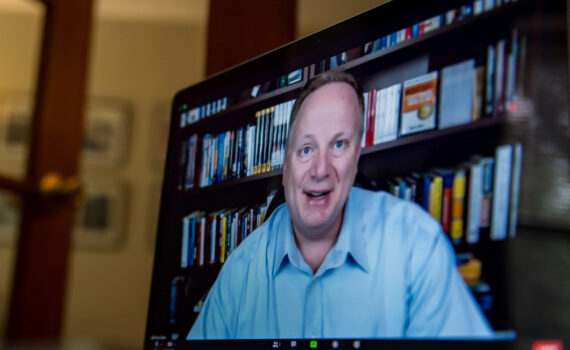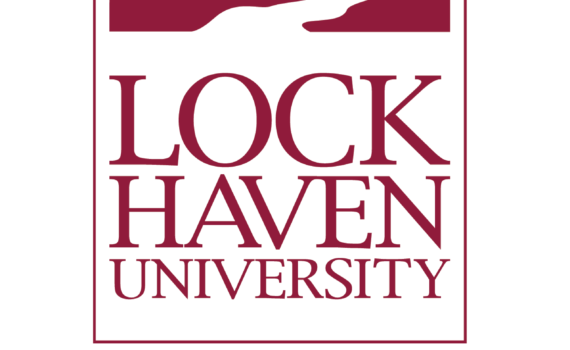
Stronger Points May Be Exactly What You Need
Have you made your point? Does anyone buy it? Making stronger points may be the difference between having a vision and creating reality.
In polite debates making your point might make a difference. Stronger points might make a difference in the meeting being held in the conference room, the chance encounter with your boss or the CEO at the coffee pot, or in the presentation that you worked on for weeks.
When we see something that is hard to believe, we often call it magic.
Magic has a special way of illustrating something that we probably can’t believe until we see it with our own eyes.
If you can see it for yourself, it is true.
Are you needing stronger points?
Stronger Points
This is exactly why the best workplace leaders are able to illustrate a clear vision. It is why strategy matters and why proper execution should be celebrated, put on a pedestal, and broadcast to everyone.
Belief is one of the most powerful psychological connections to work that you can have.
An Olympic athlete has a vision, and a work ethic to obtain the goal based on step-by-step plans carefully placed on a timeline. The timeline illustrates the intersection of preparedness with peak performance. The pursuit is about belief. Belief that it is real and that it can be achieved.
Workplace success shouldn’t be much different. The path, the vision, the roadmap, it is all part of the plan. A plan that once it is made believable, can come true.
Richard Branson proved it with Virgin Galactic.
Make some magic. Make stronger points.
-DEG
Dennis E. Gilbert is a business consultant, speaker (CSPTM), and culture expert. He is a five-time author and the founder of Appreciative Strategies, LLC. His business focuses on positive human performance improvement solutions through Appreciative Strategies®. Reach him through his website at Dennis-Gilbert.com or by calling +1 646.546.5553.













